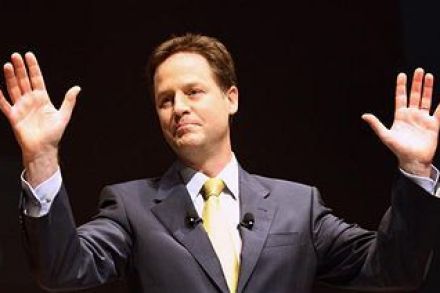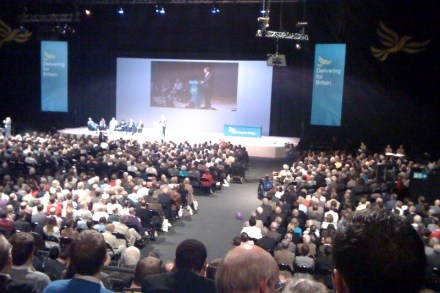Low taxes work
I ration my writing about Sweden. As CoffeeHousers know, I can extol its virtues with room-emptying conviction. But it’s now a few days since its election, and as far as I can tell no English publication has told the extraordinary story of its conservative victory – and the economic turnaround driven by the largest tax cuts in Swedish history. It is now the fastest-growing economy in the West. I tell the story in the political column of this week’s magazine (subscribers, click here), but I will summarise it for CoffeeHousers here. Normally, conservatives are elected in Sweden as a kind of light relief, to punctuate decades of leftist rule. They’re



















